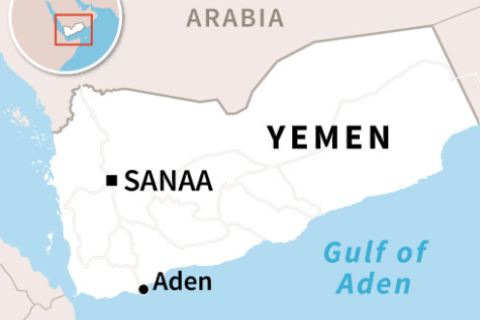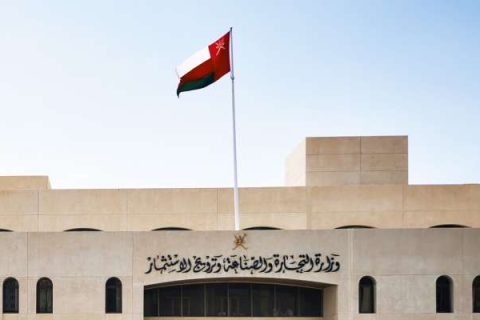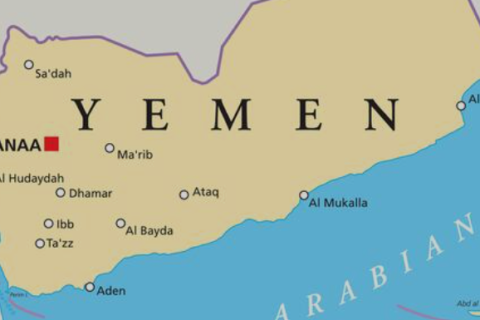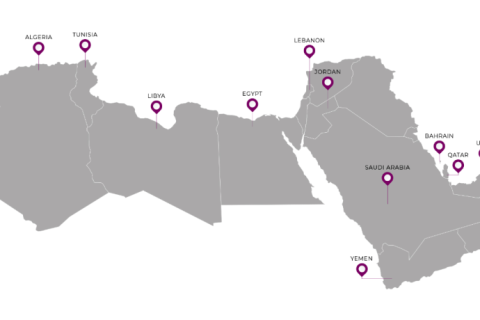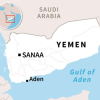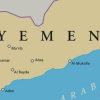Intro to GCC and the recent decision:
The law issued in December 1992 brought to life the GCC Patent Office, which officially started accepting applications in October 1998, approximately 6 years after its establishment. This type of registration was convenient to applicants as it created a unitary system where one application is filed, covering all six countries under the umbrella of one organization. National offices had no role in the examination and prosecution of the application, and no further designations were required after grant.
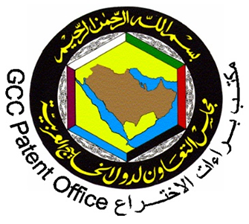
After almost 23 years of operations, the GCC Supreme Council during its 41st meeting on January 5, 2021, approved an amended GCC Patent Law and the GCCPO stopped accepting new applications from that date. Approximately 5 months after this decision, the new law was finally published. A quick review of the law reveals that several articles were amended and/or replaced, namely Articles 1, 4, 9, 17, 18, 19, 20, 21, 25, 28, 29, 30, 32 and 33.
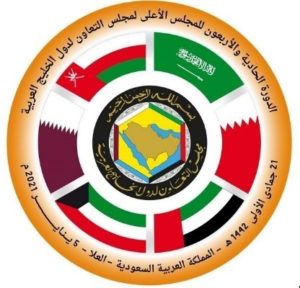
Even though the amendments will not be effective unless the implementing regulations governing this matter are issued along with the list of participating countries, a thorough and comprehensive comparison between the new articles and the old ones is necessary to help us understand the changes done and what should be expected from the implementing regulations to cover.
Stating the facts:
There are multiple changes which were published with the new GCC law, and we have outlined them below;
Major additions:
– Article 1bis/1: “The Office shall receive patent applications, or examine them, or grant patents at the request of any of the Cooperation Council States. Seeking the help of the Office is optional for any of the Cooperation Council States.” – while all functions receiving, examining and granting patents are still included within the scope of the GCC patent office the key changes now are that (1) these functions are at the request of national offices, not independent of them, and (2) the role of the GCC patent office is also shifted to a supportive role
– Article 1bis/2: “In the event that the Office was chosen to represent any of the Cooperation Council States in receiving the application, or examining it, or granting the patent, the State shall notify the Secretary-General of the Cooperation Council with that, and this notification shall specify the limits of benefiting partially or completely from the office’s services , and the Cooperation Council States shall apply their national legislations to the Patent applications where they do not wish to benefit from the services of the Office.” Article 1bis 2 allows each national office to decide whether to fully or partially benefit from the services of the GCC patent office services, stating that these services are support services which can be assigned in full or in part depending on the requirements of the receiving office.
– Article 1bis/3: “The Office, if chosen by any of the Cooperation Council States to receive the patent application, must refer it to the Competent Authority to take the necessary measures in accordance with the national legislation of the country.” Article 1bis 3 allows the GCC patent authority to process applications based on request of national offices, however the key change here is the addition of the wording “national legislation of the country.”
The days of automatic protection in all GCC states have passed, article 1bis4 clearly highlights that for a patent to be granted, specific designation should be provided by the country which opted to choose the assistance of the GCC patent office and any such grant will only be valid for the country which chose to use the GCC patent office services.
1bis/4 The Office, may not grant a patent except after the approval of the country or countries that chose it to grant the patent on its/their behalf, in accordance with the procedures specified in the bylaws. In all cases, the patent shall not be valid except in those countries.” –
Article 9 of the new GCC patent law gives visibility on the future operations of the GCC patent office. According to article 9, the GCC patent office will remain a receiving office for GCC countries which choose to designate the GCC patent office to receive the application on behalf of a member state.
In addition to receiving applications, article 9-1 and 9-2 also state that the GCC patent office will formally examine applications in line with “the regulation and the bylaws” and substantively examine applications on the states which elect to delegate examination to the GCC patent office. the GCC patent office will not be the only examining body for such patents as clearly identified in article 9.
The new GCC patent law also importantly and accurately organizes compulsory licenses and refers to national laws regarding compulsory licenses relating to GCC patents. Compulsory licenses are country specific and will be managed and assessed based on each country’s specific laws.
Requirements needed for implementing regulations
In view of all the changes introduced to the new law, we expect the implementing regulations to clear out and define the roles of the new committees and authorities created, the process of work, the governing law and the relationship between the national offices and the GCCPO. According to the law, this will be the responsibility of The Commercial Cooperation Committee newly created, which will be responsible for the issuance of the implementing regulations, creation of a mechanism for dealing with patent applications that were filed before the adoption of the new law and formation of a Grievance Committee.

The new amendments allow the GCC Patent Office to accept new filings based on the request of one or several GCC national offices where the patent will be enforced; accordingly, the implementing regulations should detail the filing process, explaining if the filing needs to be done through the national offices requesting its submission with the GCCPO, or if it needs to be filed with the GCCPO directly, where the applicant gets to choose the countries of interest and then the GCCPO notifies the chosen patent offices and gets the necessary approvals. The latter seems more efficient as one filing number would be assigned to the application.
The new law provides the national offices with the right to request examination assistance from the GCCPO. This is considered as first step towards expediting the examination process, which is usually lengthy in most of the GCC countries.
In addition to the above, the new amendments introduced the Economic Judicial Authority of the Cooperation Council. According to the law, this is the authority responsible to study any appeal of the decision of the committee. This amendment removed the jurisdictional power of every state to hear the appeals and apply their own law on each case; therefore, we expect the implementing regulations to not only clarify the process of assigning this new authority, but to include IP Specialists in it and state the conditions, rules and process of the appeal. In addition to that, we expect the implementing regulations to provide definitions of infringement and processes to cancel a patent application.
Conclusion: 4 step approach:
In order to further advise on the updates in the GCC law and the related impact, we will keep an eye out on the implementing regulation and circular in local official gazettes to assess what services will be requested by the different countries (in line with article 1bis/5). In the meantime, and based on the amendments and new regulations introduced, we believe that the fate of the GCCPO will be one of the following:
- Go back to normal: even though this option is unlikely to happen, however given that this will be a testing phase for the national offices who will eventually decide if this system is properly working for them or not, the GCCPO full services might be restored.
- GCCPO shuts down completely: this route will definitely be an option once all of the jurisdictions are capable of handling their examinations and the last GCC patent annuity is settled (Around January 2041) – unless a decree was issued inviting all GCC applicants to settle their annuity fees at once.
- GCCPO goes back to normal with additional steps required for national validations: this is a very reasonable solution that would lift off the weight from the national offices in terms of prosecution and at the same time benefit both the GCCPO and national offices by requesting the applicant to settle GCC fees and national fees.
- GCCPO to become an examination authority: based on our understanding of the new law, we believe that this is what will take place in the coming few months after the implementing regulations are issued.
More definitive and clearer answers will be provided once the implementing regulations are available.


